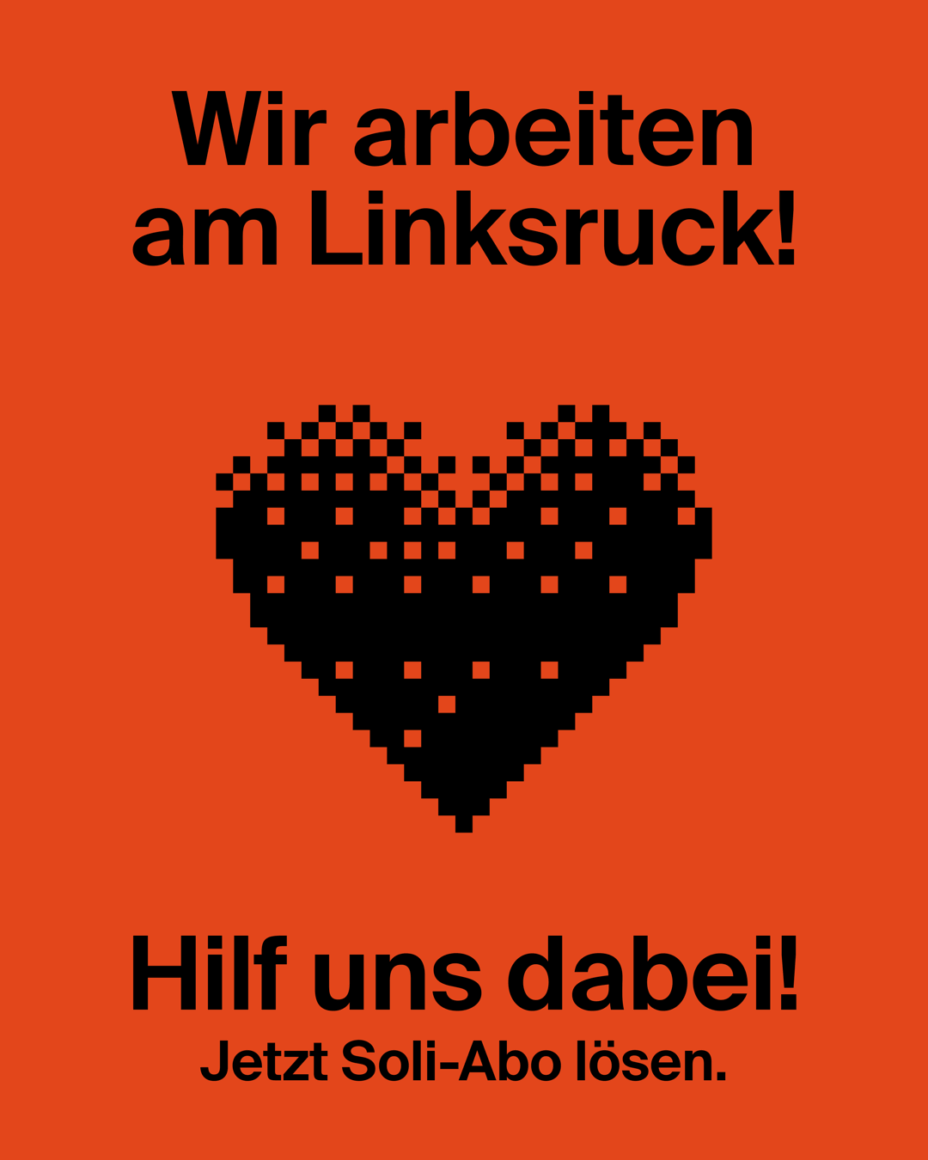The day I arrived in Switzerland was the day that the Swiss public transportation system ‚happened’ to me. On this summer afternoon, I had just got off a flight at the Kloten Airport in Zurich. I checked the city transport board in the airport and found out that I would need the tram number 10 to get to my destination. Just outside of the airport, I found the trams which are color-coded by the way.
There was no one in the steering seat. I pressed the door button and found out the tram was unlocked. I did not step in. An open public transportation system with no driver in it? No thank you! Where I come from, that is a sure ALARM BELL! Kidnappers could be waiting inside to attack unsuspecting victims. To be kidnapped in a new country on my first day was not in my immediate or future plans.
I checked the time on the board outside and saw that there was two minutes before the tram was supposed to leave, and just at that time, someone arrived, opened the tram door and proceeded to open the steering carriage with some kind of key shaped like an IKEA spanner.
I looked up at him and could not look away. He was dressed in a crisp sky-blue shirt neatly tucked into a navy-blue pants that were so well ironed, there was not a single thread or crease line visible. He was wearing a precisely knotted navy-blue tie with a sky-blue stripe which started in the middle of the tie and ended exactly at the tip of it. On top of the shirt was a navy-blue suit, A SUIT! He had on a pair of Ray Ban sunglasses. RAY freaking BANS. Hair? Sleekly combed. Shoes? Immaculately polished. Demeanor? Calm and collected. Poise? Check. Poshness? Double check.
My gaze fell back to the airport. Do you mean that pilots are also the drivers of public transport in this country? Because this fully kitted, ‚I am a top bank executive’ looking man is not about to sit in the steering carriage and drive mere mortals around. Ha, but he was, because as I would find out in the future, the Swiss are not mere mortals!
Other passengers were coming in so I got on the tram and took my seat. The driver closed the door, settled in his steering seat and adjusted his microphone as he closed the door. I expected some music to blast through the speakers as the drivers in Mushin in Lagos usually do. Instead, into the microphone he said: “Grüezi Mitenand”. Oh, the driver has seen his distant cousin amongst us the passengers and was greeting him. But then I heard some passengers reply “Grüezi!” Wait a minute, that greeting was for us? All of us?
As we ‘trammed’ our way into the city, he would either wave, smile, or even grin at his fellow drivers who would return the gesture. And no, they were not stopping in the middle of traffic to ask each other if there were police or road safety officials where the other was coming from. Public transport had a more advantageous right of way than private vehicles so there was no need to speed, overtake, or honk so much and so loud that people in the heavens could hear.
There was no honking at all. Wait, how then were they greeting each other, or pointing out a traffic error another driver had committed, or muscle another driver off the street? How were they confirming invitations to parties that their fellow drivers had invited them to? Because in Nigeria, all of the above are some of the things you can use your honking for as a driver.
We got to one tram stop and the driver halted completely. Then he proceeded to say with all the smiles and contentment of a person who enjoyed his job and all the daily nitty-gritties it brings: “Thank you all for driving with us today, this is the end of my shift, I hope you all have a wonderful day ahead, and I hope to see you soon.” Heeeeeeeeeee! For us and to us?
He stepped out and shook the hands of a lady who was equally as immaculately dressed as he is. They talked about the weather, the beef salad they ate (at least that is what I thought I heard), and other things for approximately 7.2 seconds. There was nothing in the conversation on whether the brakes of the tram were working well or not. There was no mention of how the wipers of the tram may be squishy instead of wiping. There was nothing at all on which passenger has paid his fare, and which one still needs their change.
It was 7.2 seconds of a handover that displayed the relics of a well-oiled machine. She trusts that everything was well because she knows that everything was well. She stepped in and again said to us: “Grüezi Mitenand” And a few passengers murmured back “Grüezi”.
Hey God! What are we non-Swiss people to you exactly, your adopted children? How is a public transportation system so posh that it was actually too posh to be public? I may never be able to answer this question as I am living this Swiss Life the Naija Way!
Journalismus kostet
Die Produktion dieses Artikels nahm 20 Stunden in Anspruch. Um alle Kosten zu decken, müssten wir mit diesem Artikel CHF 1300 einnehmen.
Als Leser*in von das Lamm konsumierst du unsere Texte, Bilder und Videos gratis. Und das wird auch immer so bleiben. Denn: mit Paywall keine Demokratie. Das bedeutet aber nicht, dass die Produktion unserer Inhalte gratis ist. Die trockene Rechnung sieht so aus:
Wir haben einen Lohndeckel bei CHF 22. Die gewerkschaftliche Empfehlung wäre CHF 35 pro Stunde.
CHF 700 → 35 CHF/h für Lohn der Schreibenden, Redigat, Korrektorat (Produktion)
CHF 340 → 17 CHF/h für Fixkosten (Raum- & Servermiete, Programme usw.)
CHF 260 pro Artikel → Backoffice, Kommunikation, IT, Bildredaktion, Marketing usw.
Weitere Informationen zu unseren Finanzen findest du hier.
Solidarisches Abo
Nur durch Abos erhalten wir finanzielle Sicherheit. Mit deinem Soli-Abo ab 60 CHF im Jahr oder 5 CHF im Monat unterstützt du uns nachhaltig und machst Journalismus demokratisch zugänglich. Wer kann, darf auch gerne einen höheren Beitrag zahlen.
Ihr unterstützt mit eurem Abo das, was ihr ohnehin von uns erhaltet: sorgfältig recherchierte Informationen, kritisch aufbereitet. So haltet ihr unser Magazin am Leben und stellt sicher, dass alle Menschen – unabhängig von ihren finanziellen Ressourcen – Zugang zu fundiertem Journalismus abseits von schnellen News und Clickbait erhalten.
In der kriselnden Medienwelt ist es ohnehin fast unmöglich, schwarze Zahlen zu schreiben. Da das Lamm unkommerziell ausgerichtet ist, keine Werbung schaltet und für alle frei zugänglich bleiben will, sind wir um so mehr auf eure solidarischen Abos angewiesen. Unser Lohn ist unmittelbar an eure Abos und Spenden geknüpft. Je weniger Abos, desto weniger Lohn haben wir – und somit weniger Ressourcen für das, was wir tun: Kritischen Journalismus für alle.
Einzelspende
Ihr wollt uns lieber einmalig unterstützen?














